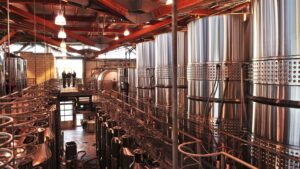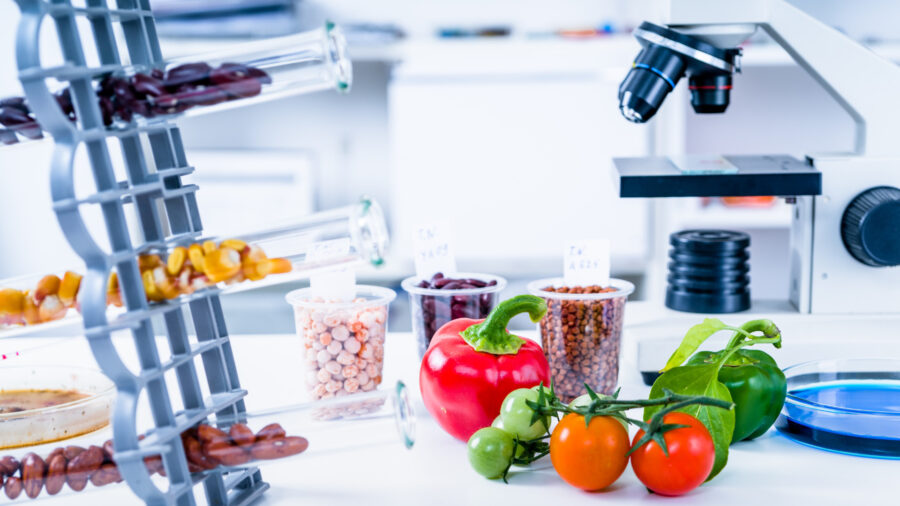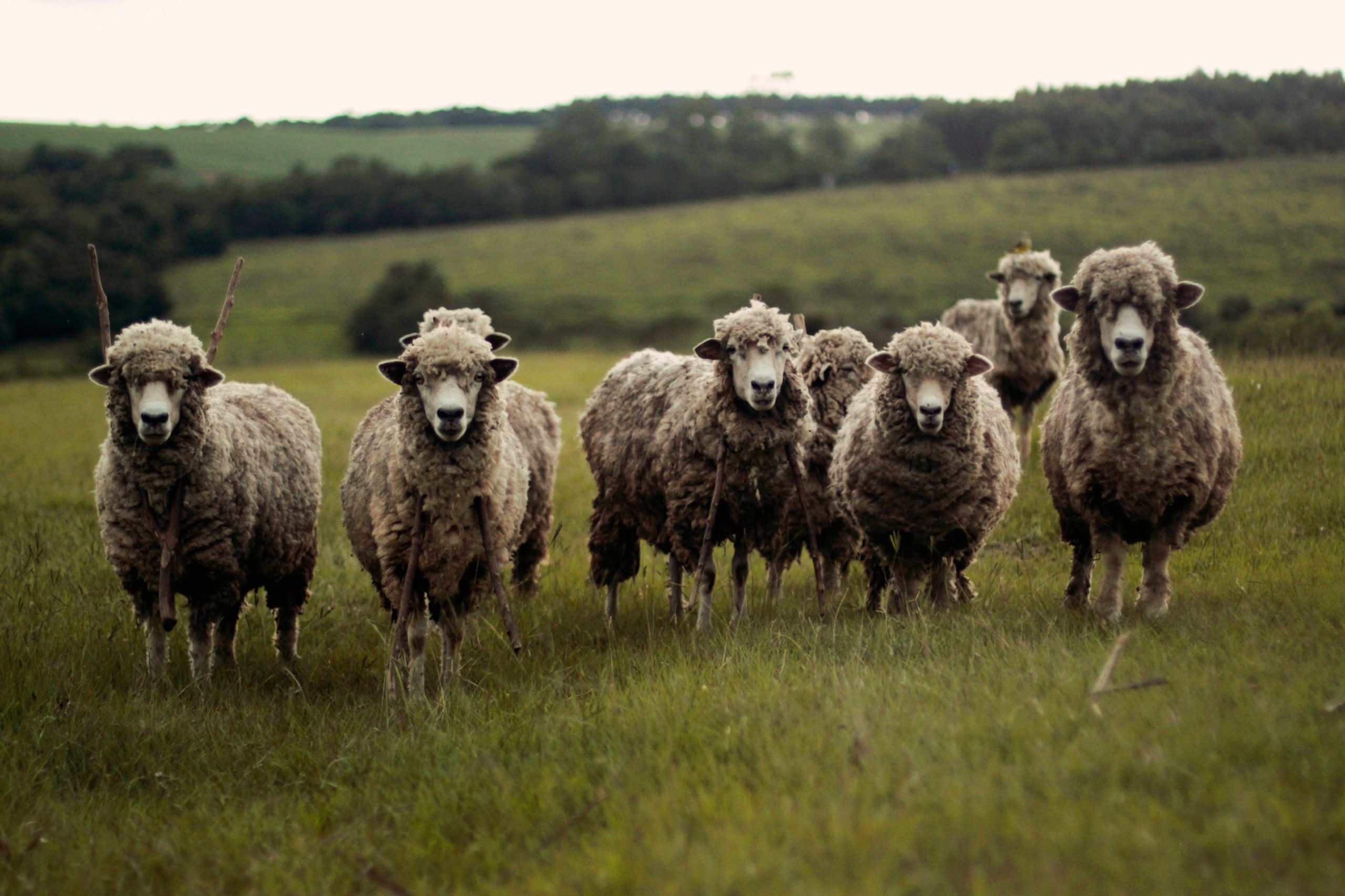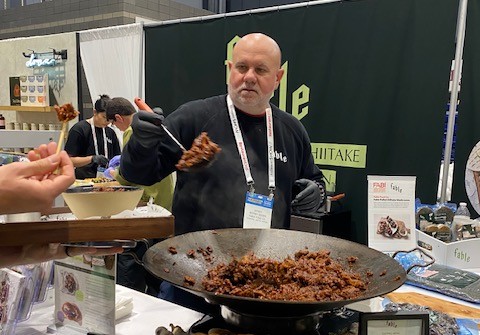Could Isaac Asimov’s vision of synthetic foods grown in fermentation labs and replacing traditional foods come true? Growing adoption of vegan diets in North America has spurred growth in precision fermentation ingredients, which combine traditional fermentation processes with biotech.
Projections from Markets and Markets estimate growth to $36.3 billion by 2030 – at a compound annual growth rate of 44%.
“Given current market dynamics and technology readiness, a more realistic estimate might be in the range of $15 billion to $20 billion by 2030,” Constantin Tonagel of trading analysis platform Market Bulls told The Food Institute. “Scaling to a point where economical consumer options are widely available may take an additional five to seven years beyond that, depending on technological advancements and market adoption rates.”
Precision Fermentation
Two trade groups, the Precision Fermentation Alliance and Food Fermentation in Europe, are working to help stakeholders, regulators, and consumers understand how precision fermentation differs from more traditional forms, AgFunderNews reported.
Developers take a specific molecular sequence of genetically engineered yeast or fungi from a digital database rather than a plant or an animal. The sequence is inserted into a microorganism with specific instructions to produce a desired fermented molecule. The remnants of the microorganism are then filtered out. The end product differs from those produced by such companies as Quorn, Nature’s Fynd, and Superbrewed Food in that they are animal- and plant-free.
Traditional Fermentation
More traditional products use fungi and bacteria in the fermentation process, and then harvest all of what is produced.
The process is not new. It has been used in the pharmaceutical industry for more than three decades, producing such medicines as insulin. It’s also used in food ingredients to filter out such things as rennet.
Key Challenges and Opportunities
Amie Alexander, an accredited dietitian and head of product at Nutri Peak, told FI that though development has been rapid, “a number of factors may dampen this growth rate. These include regulatory hurdles, issues with scaling and currently somewhat high production costs. A more conservative estimate would be a gradual ramp” before economies of scale allow for production of a consumer product.
Nonetheless, the industry is moving forward at a rapid clip, especially when it comes to dairy products.
A few companies – like Israel’s Imagindairy and Remilk – already have received U.S. regulatory approval.
“This achievement not only highlights the growing importance of alternative food technologies but also exemplifies the transformative potential of precision fermentation in revolutionizing the broader food ecosystem,” Irina Gerry, spokesperson for the Precision Fermentation Alliance, told FI.
“Companies are actively focusing on developing foundational industry capabilities, showcasing their commitment to innovation.”

The Food Institute Podcast
U.S. grocery retailers are facing regulatory scrutiny on pricing, ever-increasing shrink and a financially stretched consumer, but how can they adapt to these new market pressures? Supermarket Guru Phil Lempert joined The Food Institute Podcast to discuss the Kroger-Albertsons merger, the rise of private label, and more.











